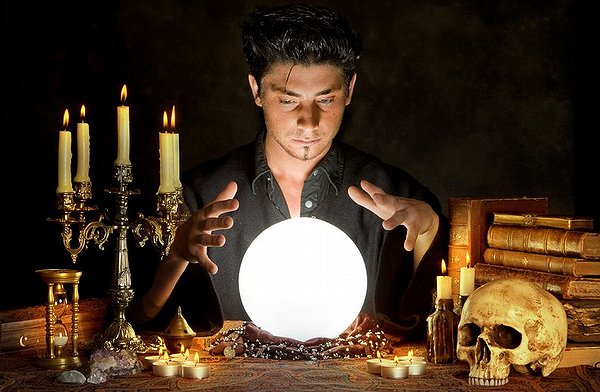Outcomes often fall short of expectations because we inaccurately predict how we will feel in the future. And somewhat surprisingly, predicting our “future self” is not something we tend to be very good at.
Do you (really) know yourself?
The roots of this disconnect are deceptively simple: most of us are short-sighted. We simply cannot imagine a future that is radically different from the present and fail to understand that consequences may unfold gradually. As a result, what you predict you will experience in the future may be much different from what you actually experience when that time arrives (projection trap*).
Psychologists call these “visceral states.” When you make a prediction you are in a predictor state of mind, and when you experience the prediction you are in an experiencer state of mind. And these can be radically different. For instance, as a predictor you might be rested, full, or sexually not aroused. Later, as an experiencer, you might find yourself feeling tired, hungry, or horny. Behavioral economists George Loewenstein, Ted O’Donoghue, and Matthew Rabin (2003) have experimentally confirmed this cognitive pretzel.
Behold, the doggie bag.
An excellent example of this phenomenon is underappreciating the effects of hunger when dining out. Ordering food at the beginning of the meal, we must predict how hungry we will be at the end of the meal. Starved out of our gourd, many of us order too much food. Restaurants take advantage of this by offering all-you-can-eat meals to hungry diners who underestimate how quickly they will become full.
Why is this? The reason is that in the moment, when you are hungry at the restaurant (or when shopping for munchies), you are out of touch with your future emotional self. This occurs despite the fact that we have plenty of experience regarding the problem’s undesirable consequences. The same experience holds for people who are currently satiated and do not expect to be hungry later on. A classic case of man versus food!
The future ain’t what it used to be.
The basic pattern of the projection trap is we qualitatively understand the direction that hunger (or other preference) will change, but we systematically underappreciate the magnitude of the changes. And there is strong support for the assumption that triggering it can lead to choices we will later regret. Thus, we buy into health spas, golf clubs, vacation time shares, or season ski passes because we frequently project our current enthusiasm into the future. Later, when our enthusiasm has waned, we decide not to attend.
The projection trap explains why it is difficult for someone who has not been in combat, given birth, or won the lottery to truly appreciate the mental and physical experience of a person who has. It is also why we unconsciously assume that others share the same or similar thoughts, beliefs, values, or positions.
What can you do? Learn to mentally project yourself into future personal situations or events (psychologists call this “mental time travel”). Picture yourself in the moment; anticipate how the situation may differ from the present and how you (and others) might react. Resist trading long-term interests for short-term rewards and pleasures. In other words, don’t assume your future!
Quite simple really.
Prediction is very difficult, especially about the future.
~ Niels Bohr, Nobel Laureate (Physics, 1922)
* Questionable beliefs can “trap” our better judgment, leading to poor decisions and unintended consequences. In the projection trap, we often underappreciate how different tomorrow’s preferences will be from today’s. Learn more about this, and other traps, in the Young Person’s Guide to Wisdom, Power, and Life Success.
Image credit: “Halloween Scene” by anyka, licensed from 123rf.com (2014).





















